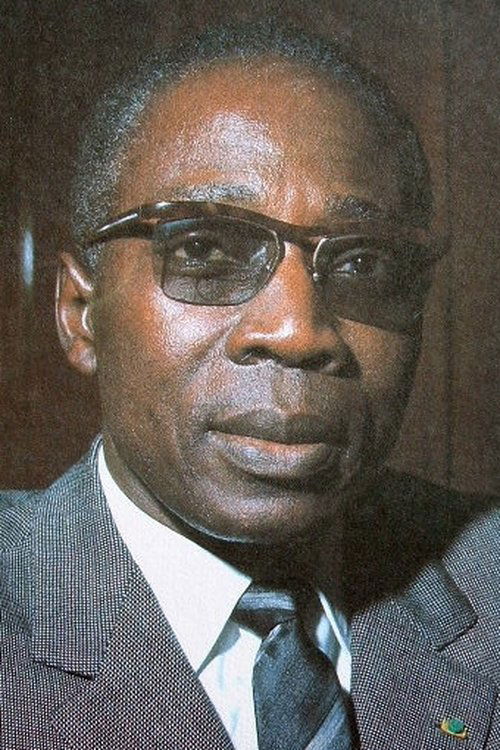
Léopold Sédar Senghor (9 October 1906 – 20 December 2001) was a Senegalese poet, politician and cultural theorist who was the first president of Senegal (1960–80). Ideologically an African socialist, he was the major theoretician of Négritude. Senghor was a proponent of African culture, black identity and African empowerment within the framework of French-African ties. He advocated for the extens...
Explore all movies appearances
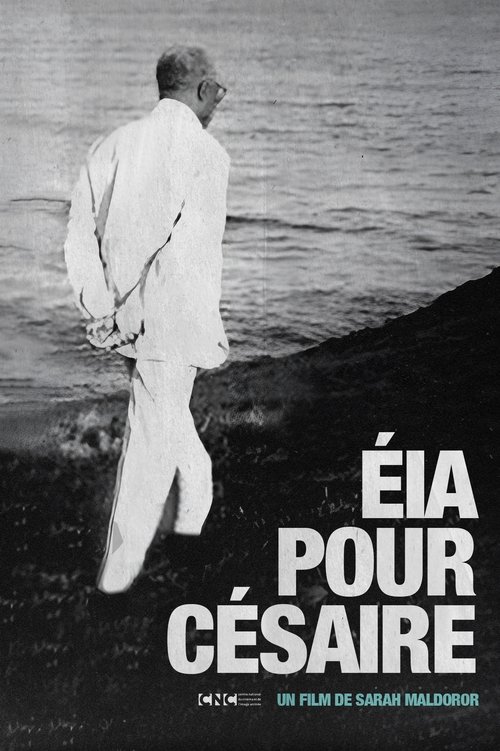
Shortly after his death in 2008, Maldoror made this film about her longtime friend and collaborator, the Négritude poet Aimé Césaire. In this film, she retraces the steps of Césaire’s travels across the globe — particularly back to his hometown in Martinique, where Maldoror interviews his relatives about his life — and her working relationship with Césaire, including fragments of her previous films about him, Un homme, une terre (1976) and Le masque des mots (1987).
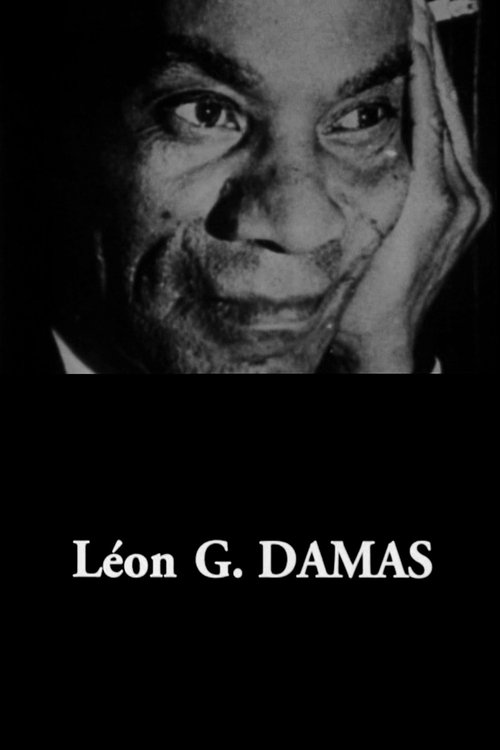
Léon G. Damas (1912–1978) was the first poet to “live Négritude”, according to the Senegalese poet, politician and cultural theorist Léopold Sédar Senghor. Cosmopolitan and always in transit, his writing is a chorus of melodies and imagery imbued with angst and melancholy and strongly influenced by jazz and blues. Punctuated by images of the landscapes of French Guiana and the voice of the artist, the film exemplifies the poetic documentary form to which Maldoror frequently returned.
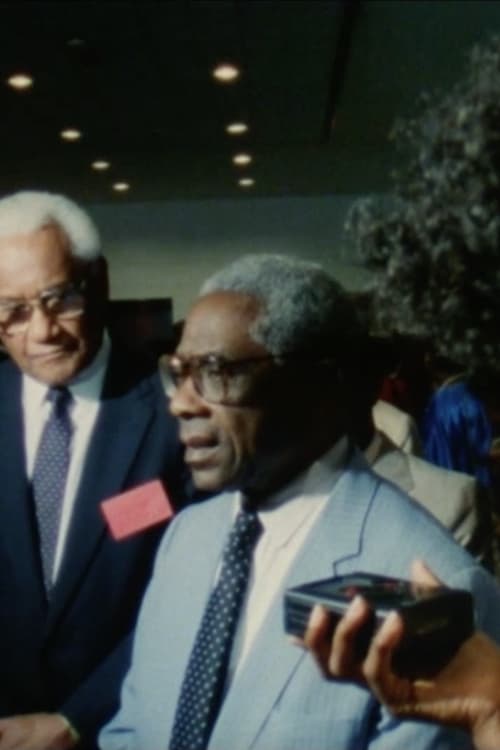
Aimé Césaire - Le Masque des mots is a portrait of the Martinican writer who calls himself a rebellious negro and for whom the poetic act represents an act of freedom.
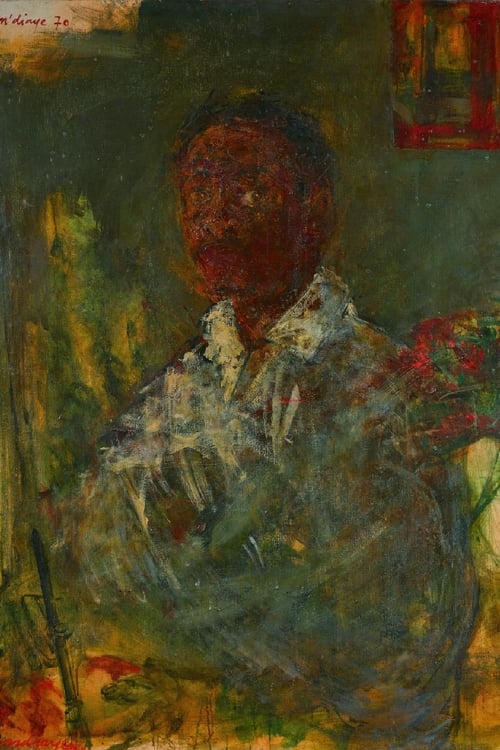
During an interview with the filmmaker Paulin Vieyra, the painter Iba Ndiaye recalls key moments of his life. He begins with his childhood in Senegal and his studies at the Lycee Faidherbe in St. Louis of Senegal, where he was drawn to design and graphic arts. African nature and its sweeping horizons remain however his main sources of inspiration.
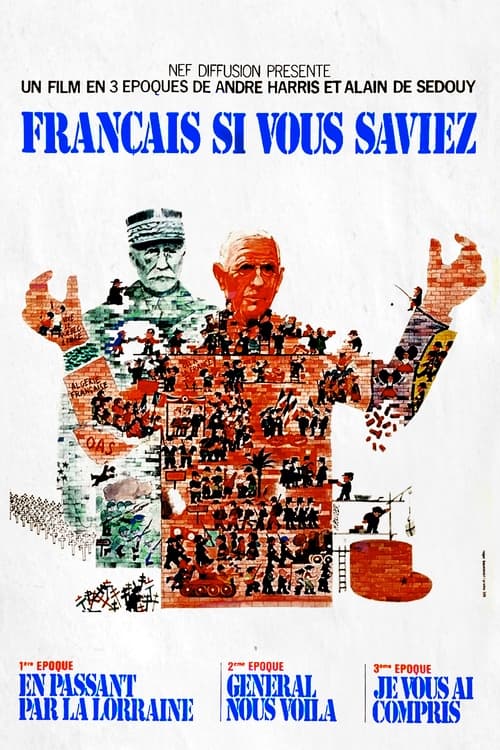
This almost 8 hour humongous 1973 documentary by two of the filmmakers who made The Sorrow and the Pity recounts fifty years of the history of France from the 1920s to 1972. It is particularly thorough in documenting the significance and rise to power of Charles De Gaulle. The film's most valuable contributions are its interviews with all sorts of people who lived through this period of history, from Marshall Petain's lawyer (Petain headed the Vichy government of occupied France) to resistance figures, and Frenchmen who fought on the side of the Nazis in Russia.

Documentary

Promotional newsreel of Dakar, selected to host the first edition of the World Festival of Black Arts. The report features the history of the city, its architectural and commercial evolution, its air and maritime connections, its natural beauty, hotels and tourist attractions. Organised by Léopold Sédar Senghor on the initiative of the magazine “Présence Africaine” and the African Cultural Society, it was an unprecedented event in the cultural history of the African continent. The first festival was held in Dakar on 1-24 April 1966. Participants included André Malraux, Aimé Césaire, Jean Price-Mars, Duke Ellington, Joséphine Baker, Langston Hughes, Aminata Fall, Robert Hayden and many others. All the arts were represented: literature, music, dance, film and visual arts.
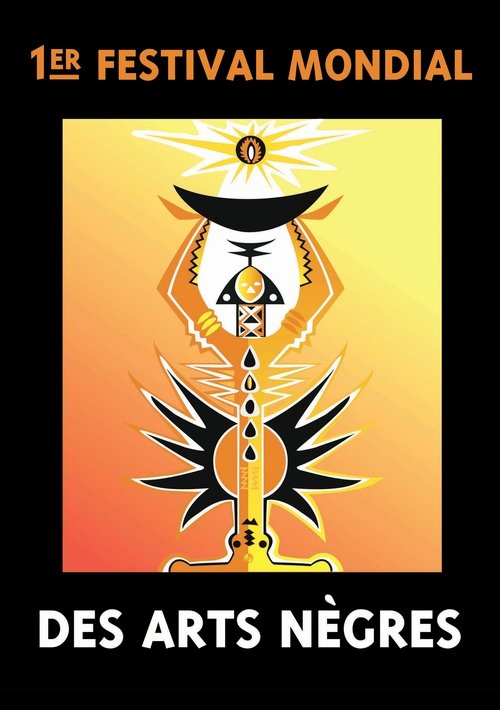
"This documentary film covers a 24-day arts festival in Dakar, Senegal that highlighted Black contributions to the cultural heritage of mankind and was attended by an extraordinary cast of over 2,000 luminaries - including Duke Ellington, Langston Hughes, Alvin Ailey, Aime Cesaire, and Leopold Senghor - from dozens of countries. The film depicts performances by African and American entertainers and shows various works of art while also providing unparalleled insight from the perspective of the African American delegation. The film was written and directed by William Greaves" (US National Archives).
Subscribe for exclusive insights on movies, TV shows, and games! Get top picks, fascinating facts, in-depth analysis, and more delivered straight to your inbox.